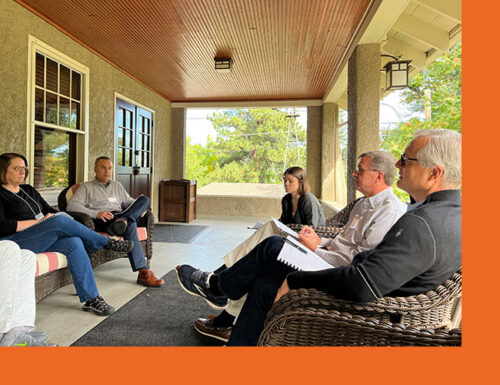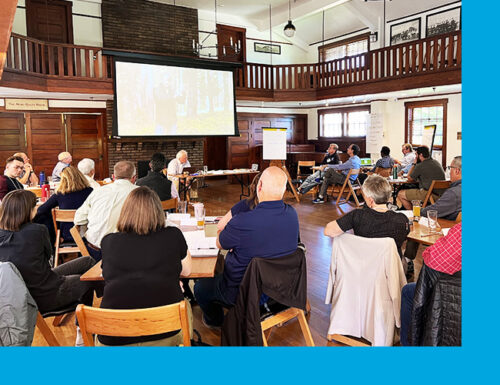
About Our Events
Each year, Engineering Change Lab–USA (ECL) hosts several virtual summits and an annual, in-person Engineering Ideas Institute. We convene to learn from thought leaders, share perspectives, provoke new ways of thinking, deepen understanding of engineering’s emerging future, and launch experiments and focused initiatives.
Contact us to learn more about how you or your organization can engage with and benefit from ECL events.
Anyone who is connected to the engineering community is welcome to join us — no membership is required.
Get in Touch
2024 Events
The Future of Engineering Licensure: Regulation and Practice in the Fourth Industrial Revolution (virtual)
February 13, 2024, 10:00 AM – 12:00 PM Central Time
Emerging Fourth Industrial Revolution technologies present significant challenges to traditional engineering licensure and regulatory processes. This virtual briefing reported the key findings and recommendations from ECL’s Future of Licensure Initiative. More information on the discussions at the briefing is available at our Focused Initiatives page.
Moving from Cybersecurity to Cyber Resilience: The Role of the Engineering Community (virtual)
March 19, 2024, 10:00 AM – 3:00 PM Central Time
The frequency, effectiveness and impact of cyberattacks are exponentially increasing. This virtual summit explored the role the engineering community must play to strategically address this driving force — not only as creators but stewards of technology on behalf of society. For more information see the Knowledge Hub page.
The Engineering Workforce of the Future: Challenges, Key Leverage Points and Innovative Strategies (virtual)
June 18, 2024, 10:00 AM – 3:00 PM Central Time
SPONSORED BY THE LEMELSON FOUNDATION / ENGINEERING FOR ONE PLANET
This virtual summit will take a deep dive into engineering’s future workforce, analyzing systemic forces as well as key leverage points and innovative strategies for confronting present and future workforce challenges.
2024 Engineering Ideas Institute: Engineering Practice in a VUCA World
September 23-25, 2024, Colorado Chautauqua, Boulder, Colorado
SPONSORED BY THE LEMELSON FOUNDATION / ENGINEERING FOR ONE PLANET
It’s a VUCA (Volatile, Uncertain, Complex and Ambiguous) world — and it’s worsening. The 2024 Engineering Ideas Institute will dive into the dynamics of this unfolding future.

Knowledge Hub
We are committed to sharing knowledge across the entire engineering community. Explore the resources below to access ideas from our past events.
Explore the Knowledge Hub
